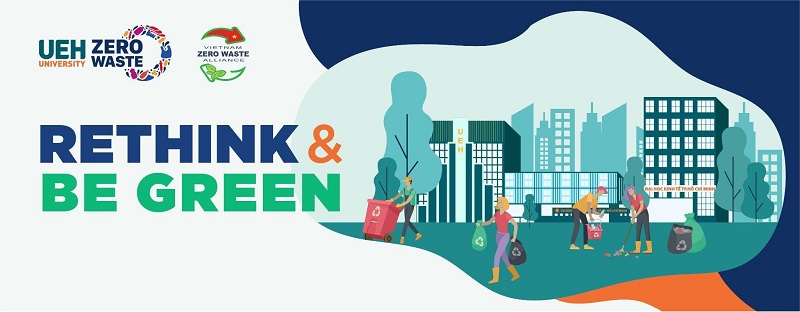Life is becoming increasingly modern, and the material and spiritual lives of people are improving. However, alongside this progress, the issue of environmental pollution is becoming more complex. Environmental pollution is not just a problem for a specific country or region; it's everywhere, from rural to urban areas, from mountains to seas. Water sources, land, and the air are increasingly polluted. The amount of daily waste generated is alarmingly high.
Worldwide
According to World Bank data, 2.01 billion tons of urban solid waste are generated globally every year, enough to cover the Earth's surface four times over. Every day, 35 tons of waste are dumped into the oceans. If this continues until 2050, global waste is expected to reach 3.40 billion tons, and the oceans will have more trash than fish. Worse still, at least 33% of this waste is not environmentally managed.
Did you know that plastics make up 10% of the total waste in the world? Every minute, approximately 1 million plastic bottles are consumed. Annually, 5 trillion plastic bags are used, meaning over 160,000 bags are consumed every second. In just one hour, the number of plastic bags placed side by side could encircle the Earth seven times.
In natural conditions, plastic waste cannot decompose but only breaks down into smaller pieces. Plastic waste takes a long time to decompose; for instance, cigarette filters take only a few minutes to use but need two years to decompose, or chewing gum, which is used briefly but takes five years to break down. Nylon bags, straws, plastic bottles... take hundreds or even 1000 years to decompose.
Vietnam
Currently, about 85% of waste in Vietnam is landfilled without proper treatment, with 80% being unsanitary and causing environmental pollution. When China imposed a ban on plastic imports, the United States redirected its plastic waste exports to several Southeast Asian countries, including Vietnam, which ranked in the top 4 countries receiving plastic waste imports from the US, rising from 48.9 in 2017 to 71.22 in 2018.
About 50,000 tons of waste are generated daily in Vietnam, accounting for approximately 6% of the world's total waste, with 1.8 million tons of plastic waste released into the environment, including 30,000,000,000 nylon bags. The figures of 0.28 million to 0.73 million tons of plastic waste dumped into the sea have made Vietnam one of the top five countries contributing the most waste to the oceans globally.
Ho Chi Minh City
Around 9,000 tons of household waste are generated daily, reaching peaks of 11,000 to 12,000 tons per day, increasing by about 5% annually, projected to reach 13,000 tons per day by 2025.
Accompanying the city's development, the volume of waste in Ho Chi Minh City has been rapidly increasing over the years. Besides household waste, the city generates over 4,000 tons of industrial solid waste and 400 tons of hazardous waste daily, including 45 tons of medical waste.
The reality shows that household waste in Ho Chi Minh City is mainly organic, high-moisture waste. Most of this waste is not sorted at the source, causing difficulties in collection, transportation, and treatment, posing environmental pollution risks. Additionally, the landfill technology currently employed presents several shortcomings, affecting the urban landscape and incurring high costs.
UEH Nguyen Van Linh Campus
During the waste audit by UEH in collaboration with VZWA in April 2021 at UEH Nguyen Van Linh, certain figures were revealed. Approximately 100 kg of waste is generated daily at UEH Nguyen Van Linh, comprising Organic Waste: 48%, Recyclable Waste: 9%, and Remaining Waste: 43%. Particularly, plastics account for 8.17% (recyclable plastics: 5.87%, non-recyclable plastics: 2.3%). On average, around 100 plastic nylon bags are discarded daily on UEH premises.
You might not be aware that approximately 9,000,000 people die due to pollution, constituting 1/6th of global deaths, and about 325,000,000 people are affected by adverse environmental changes. If this trend continues, it is predicted that the Earth's average temperature will increase by 4% before 2100. By now, surely everyone recognizes that 100% of this waste on the planet is created by humans, right? So why don't we take action to solve this problem immediately within the UEH campus? Let's join hands with UEH Zero Waste Campus today.
Learn more about the UEH Zero Waste Campus project in the Handbook: "I'm a Green UEHer Citizen" and on the project's website: https://zerowaste-campus.ueh.edu.vn/.
Compiled and edited by: Marketing - Communications Department
Professional advice: Institute of Smart Cities & Management
Southeast Asian Institute of Environmental Economics
Narrator: MSc. Pham Nguyen Hoai - ISCM Institute







